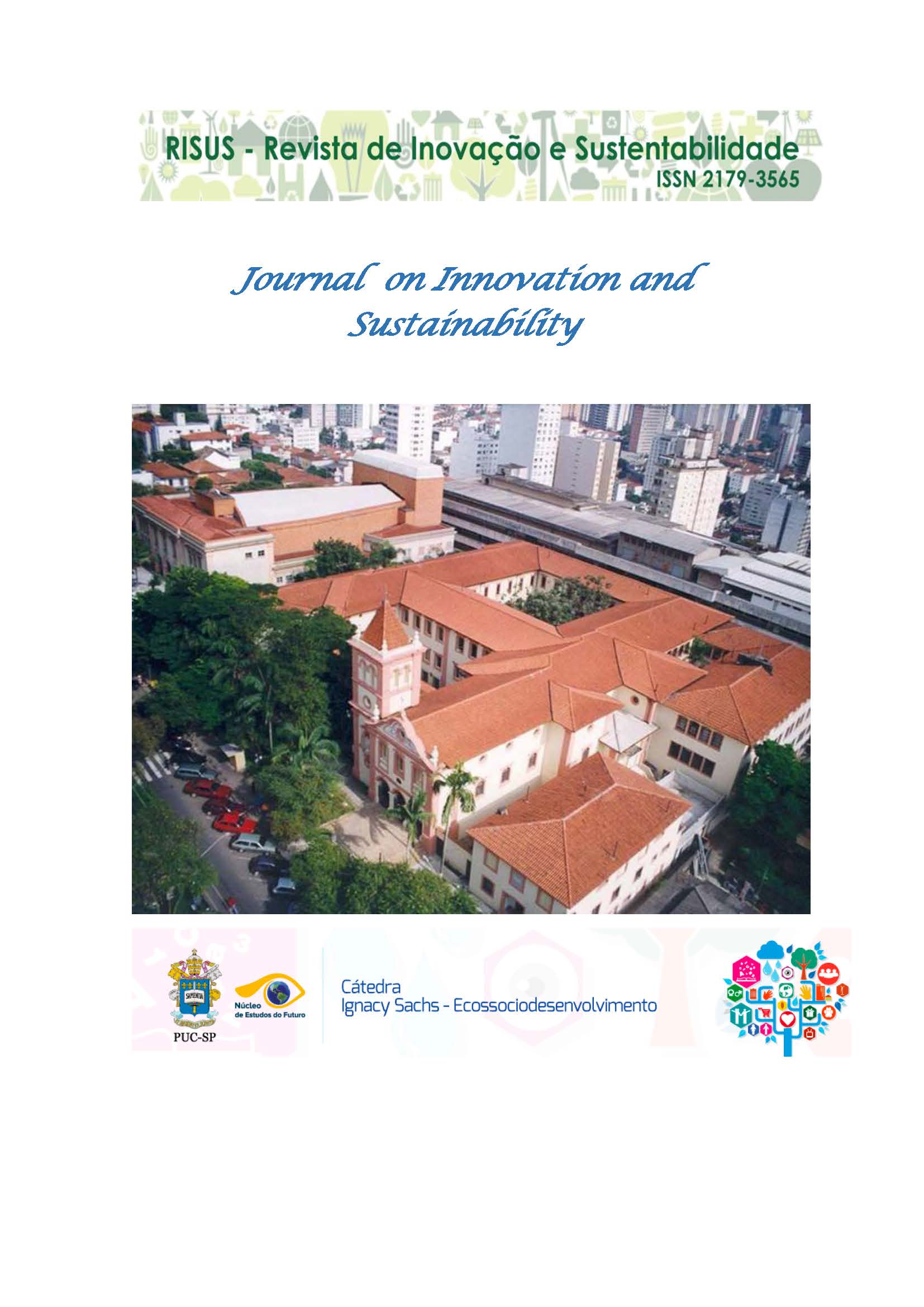Systematic literature review on financial performance as one of the main drivers towards sustainable investment
DOI:
https://doi.org/10.23925/2179-3565.2024v15i2p96-112Palabras clave:
Sustainable Investment, Financial Performance, ESG, Regulatory Demands, Drivers, JEL classification: D20, G20, Q01Resumen
As the global financial landscape is changing and sustainable investments are increasing in importance, it is important to delve into the finer details of sustainable investments. This systematic review is based on empirical and theoretical studies from the Scopus database, aimed to address the following research question: What are the key themes, financial implications, and drivers of sustainable investment. A total of 697 publications were reviewed between 2018 and 2023, there was an increase in sustainable investment studies over this period, indicating the growing relevance of sustainable investments. Most of these publications focused on the relationship between sustainable investments and financial performance, sidelining publications based on the driving forces and motivations behind sustainable investments. Key findings highlighted that firms that adopt sustainable practices improve their ethical standing, but also gain financially. The systematic review also highlights that there is a positive relationship between ESG and financial performance and that in the cases where a negative relationship was found, it was due to not enough institutional support for ESG initiatives. There is also an influence of internal factors and external pressures that act as a catalyst toward sustainable investments. However, as most publications focused on financial implications, as opposed to the drivers and motivations behind sustainable investments, there appears to be a gap in the literature. As sustainable investments continue to gain popularity among investors, a holistic research approach needs to be taken, which includes financial implications and investment motivations; this is crucial to help investors make informed decisions.
Citas
Amel-Zadeh, A. & Serafeim, G. (2018b). Why and How Investors Use ESG Information: Evidence from a Global Survey. Financial Analysts Journal, 74(3):87–103.
Blackrock. (2020). Sustainability and asset allocation. BlackRock. https://www.blackrock.com/us/individual/insights/blackrock-investment-institute/sustainability-in-portfolio-construction Date of access: 21 Sep. 2023.
Broadstock, D.C., Chan, K., Cheng, L.T.W. & Wang, X. (2021). The role of ESG performance during times of financial crisis: Evidence from COVID-19 in China. Finance Research Letters, 38:101716.
Busch, T., Bauer, R. & Orlitzky, M. (2016). Sustainable Development and Financial Markets: Old Paths and New Avenues. Business & Society, 55(3):303–329.
Cunha, F.A.F. de S., Meira, E. & Orsato, R.J. (2021). Sustainable finance and investment: Review and research agenda. Business Strategy and the Environment, 30(8):3821–3838.
Daugaard, D. (2020). Emerging new themes in environmental, social and governance investing: a systematic literature review. Accounting & Finance, 60(2):1501–1530.
Duque-Grisales, E. & Aguilera-Caracuel, J. (2019). Environmental, Social and Governance (ESG) Scores and Financial Performance of Multilatinas: Moderating Effects of Geographic International Diversification and Financial Slack. Journal of Business Ethics, 168(2):315–334.
Eliwa, Y., Aboud, A. & Saleh, A. (2021). ESG practices and the cost of debt: Evidence from EU countries. Critical Perspectives on Accounting, 79:102097.
Epstein, M.J. & Yuthas, K. (2017). Measuring and Improving Social Impacts: A Guide for Nonprofits, Companies and Impact Investors. London: Routledge.
Fatemi, A., Glaum, M. & Kaiser, S. (2018). ESG performance and firm value: The moderating role of disclosure. Global Finance Journal, 38:45–64.
Friede, G., Busch, T. & Bassen, A. (2015). ESG and financial performance: aggregated evidence from more than 2000 empirical studies. Journal of Sustainable Finance & Investment, 5(4):210–233.
Gutsche, G., Wetzel, H. & Ziegler, A. (2023). Determinants of individual sustainable investment behavior - A framed field experiment. Journal of Economic Behavior and Organization, 209:491–508.
HSBC. (2023). What Is Sustainable Investing? | ESG Investments – HSBC UK. https://www.hsbc.co.uk/investments/what-is-sustainable-investing/ Date of access: 01 Aug. 2023.
Palacios-González, M.M. & Chamorro-Mera, A. (2018). Analysis of the predictive variables of the intention to invest in a socially responsible manner. Journal of Cleaner Production, 196:469–477.
Pedersen, L.H., Fitzgibbons, S. & Pomorski, L. (2021). Responsible investing: The ESG-efficient frontier. Journal of Financial Economics, 142(2):572–597.
Riedl, A. & Smeets, P. (2017). Why Do Investors Hold Socially Responsible Mutual Funds? The Journal of Finance, 72(6):2505–2549.
Singhania, M. & Saini, N. (2023). Institutional framework of ESG disclosures: comparative analysis of developed and developing countries. Journal of Sustainable Finance & Investment, 13(1):516–559.
Taghizadeh-Hesary, F. & Yoshino, N. (2019). The way to induce private participation in green finance and investment. Finance Research Letters, 31:98–103.
Talan, G. & Sharma, G.D. (2019). Doing Well by Doing Good: A Systematic Review and Research Agenda for Sustainable Investment. Sustainability, 11(2):353.
Urban, M.A. & Wójcik, D. (2019). Dirty Banking: Probing the Gap in Sustainable Finance. Sustainability, 11(6):1745.
Wang, Z. & Sarkis, J. (2017). Corporate social responsibility governance, outcomes, and financial performance. Journal of Cleaner Production, 162:1607–1616.
Xie, J., Nozawa, W., Yagi, M., Fujii, H. & Managi, S. (2019). Do environmental, social, and governance activities improve corporate financial performance? Business Strategy and the Environment, 28(2):286–300.
Zhang, D. (2022). Are firms motivated to greenwash by financial constraints? Evidence from global firms’ data. Journal of International Financial Management & Accounting, 33(3):459–479.

Descargas
Publicado
Número
Sección
Licencia
This Journal is licensed under a Creative Commons Attribution-Non Commercial-No Derivers 4.0 International license.
1.The author (s) authorize the publication of the article in the journal;
2.The author (s) warrant that the contribution is original and unpublished and is not in the process of being evaluated in other journal (s);
3. The journal is not responsible for the opinions, ideas and concepts emitted in the texts, as they are the sole responsibility of its author (s);
4. The editors are entitled to make textual adjustments and to adapt the articles to the standards of publication.

